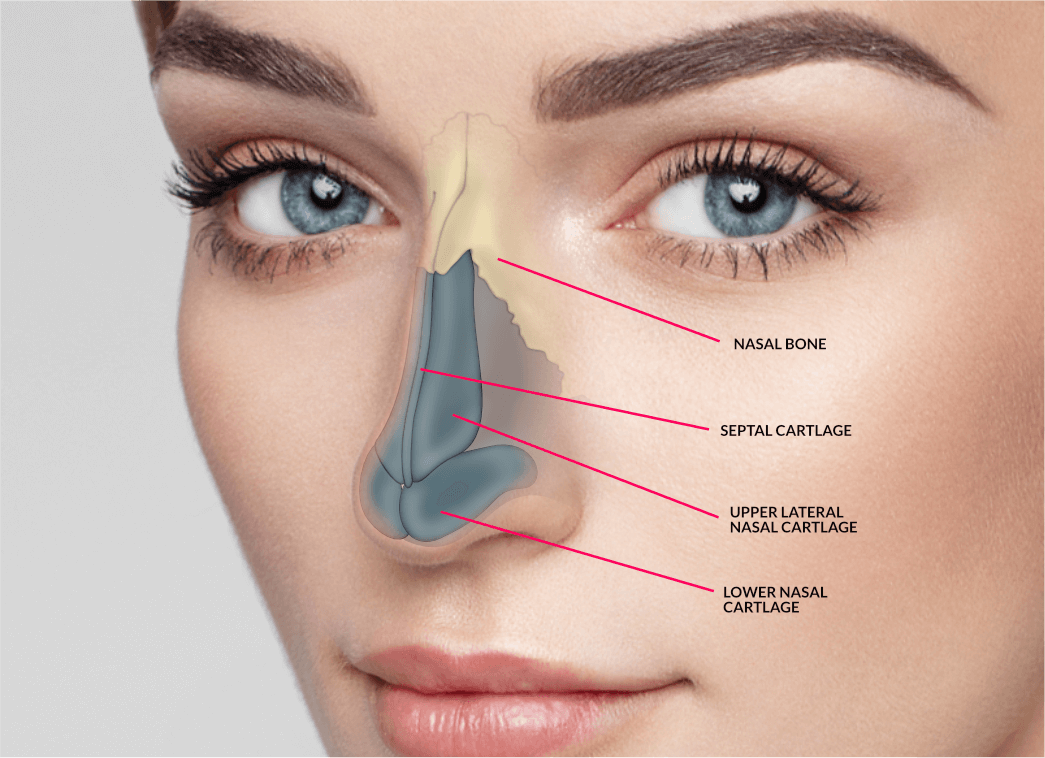If you’re interested in having a cosmetic surgery done in Istanbul, you should consider reading this article. It covers everything you need to know about rhinoplasty costs in Turkey. We’ll talk about the Open and Non-surgical rhinoplasty options available, as well as how much you should expect to pay for your rhinoplasty.
Table of Contents
Rhinoplasty Prices
In Istanbul, the cost of rhinoplasty is relatively low. The basic procedure costs EUR2,500, while more complicated procedures can be more expensive. A highly skilled plastic surgeon can complete a complex rhinoplasty for EUR3,800 or more. The Estetik International Clinic, Istanbul and Bursa, have excellent reputations for quality plastic surgery. Patients rate the treatment as excellent, and the facilities and equipment are top-notch.
The first thing you need to know before you decide to have rhinoplasty in Istanbul is how much the procedure will cost. The prices will depend on your surgeon’s experience and background. You’ll want to get a surgeon who has good reviews and contracts with reputable hospitals. Visiting a clinic in Turkey will give you the opportunity to compare prices and get an accurate idea of how much the surgery will cost.
Turkey offers affordable rhinoplasty prices compared to many other countries. You can expect to pay about $2,000 to $2,500 for a procedure, which is significantly lower than the cost of rhinoplasty in South Korea or the United States. The difference between the countries is due to the cost of medical equipment and the level of the country’s economic development. In addition to being affordable, Turkish clinics offer quality services. Some of them are even accredited by the Joint Commission International, which is a non-profit organization that monitors clinics worldwide for their quality of service and patient safety.

Non-Surgical Rhinoplasty
There are many options for rhinoplasty, both surgical and non-surgical. In Istanbul, plastic surgeons use suturing methods to reconstruct the tiny cartilage edges. They also thin out the skin that covers the nasal tip in order to create a more stable aesthetic and functional outcome. The procedure can correct issues like overly wide nostrils and sleep apnea, which can be caused by the internal nasal structure.
The procedure takes about 90 to 180 minutes and can be done under local anaesthesia or general anaesthesia. In either case, you’ll be asleep during the procedure. After the procedure, you’ll need to rest for a couple of days as the general anesthetic wears off. You’ll also need to wear a splint or a nose pad for seven days.
Open Rhinoplasty
Open rhinoplasty is a popular cosmetic surgery in Istanbul, which offers convenience and affordability. The procedure is safe and requires little downtime, and patients are generally able to return to work in one to two weeks. Bruising and swelling are expected but will go away over time. Your surgeon will prescribe medication to manage these side effects. You should also avoid blowing your nose for the first week after the operation. Cold compresses can also help reduce swelling and bruising.
Turkey has a high standard of medical care. There are many reputable clinics in the country, and international patients often choose to travel here for this procedure. The country has excellent medical infrastructure and well-trained doctors. The industry is regulated to ensure quality results and stringent medical protocols are followed. Many of the clinics are affiliated to world-renowned medical centers.
Recovery Time
The recovery time for rhinoplasty in Istanbul depends on several factors, including your overall health and bone structure. The procedure is usually performed under local or general anesthesia and may be performed in the clinic or surgeon’s office. In some cases, a short stay in a hospital is necessary. After the procedure, sterile cotton or gauze will be placed in the nostrils to help prevent infection. The gauze is removed during the first week of recovery.
Your surgeon will ask you about your current health history and what medications you take. Certain medications can increase your risk of bleeding. Avoid taking any medication that contains aspirin or ibuprofen. It is also important to take only the medications prescribed by your surgeon. You should also avoid smoking, which will slow the healing process and make you more susceptible to infection.

